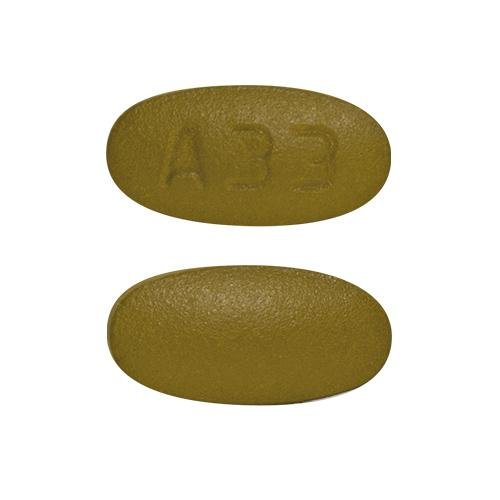Mifepristone Interactions
There are 658 drugs known to interact with mifepristone, along with 6 disease interactions, and 1 alcohol/food interaction. Of the total drug interactions, 358 are major, 281 are moderate, and 19 are minor.
- View all 658 medications that may interact with mifepristone
- View mifepristone alcohol/food interactions (1)
- View mifepristone disease interactions (6)
Most frequently checked interactions
View interaction reports for mifepristone and the medicines listed below.
- Adderall (amphetamine / dextroamphetamine)
- Adderall XR (amphetamine / dextroamphetamine)
- Adrenalin (epinephrine)
- Alcohol (contained in alcoholic beverages) (ethanol)
- B Complex 100 (multivitamin)
- Benadryl (diphenhydramine)
- CoQ10 (ubiquinone)
- Cozaar (losartan)
- Depo Provera (medroxyprogesterone)
- Depo-Testosterone (testosterone)
- Dextran 40 (dextran, low molecular weight)
- Dostinex (cabergoline)
- Easprin (aspirin)
- Excedrin Extra Strength (acetaminophen / aspirin / caffeine)
- Flomax (tamsulosin)
- Heparin Sodium (heparin)
- Klonopin (clonazepam)
- Methergine (methylergonovine)
- NAC (acetylcysteine)
- Paracetamol (acetaminophen)
- Phenergan (promethazine)
- Pitocin (oxytocin)
- Prilosec (omeprazole)
- Synthroid (levothyroxine)
- Valium (diazepam)
- Vitamin B12 (cyanocobalamin)
- Vitamin C (ascorbic acid)
- Vitamin D3 (cholecalciferol)
- Zofran (ondansetron)
- Zyrtec (cetirizine)
Mifepristone alcohol/food interactions
There is 1 alcohol/food interaction with mifepristone.
Mifepristone disease interactions
There are 6 disease interactions with mifepristone which include:
- organ transplant
- vaginal bleeding
- cardiovascular disease
- hepatic impairment
- long QT
- renal impairment
More about mifepristone
- mifepristone consumer information
- Compare alternatives
- Pricing & coupons
- Reviews (5)
- Drug images
- Side effects
- Dosage information
- During pregnancy
- Drug class: progesterone receptor modulators
- Breastfeeding
- En español
Related treatment guides
Drug Interaction Classification
| Highly clinically significant. Avoid combinations; the risk of the interaction outweighs the benefit. | |
| Moderately clinically significant. Usually avoid combinations; use it only under special circumstances. | |
| Minimally clinically significant. Minimize risk; assess risk and consider an alternative drug, take steps to circumvent the interaction risk and/or institute a monitoring plan. | |
| No interaction information available. |
Further information
Always consult your healthcare provider to ensure the information displayed on this page applies to your personal circumstances.


